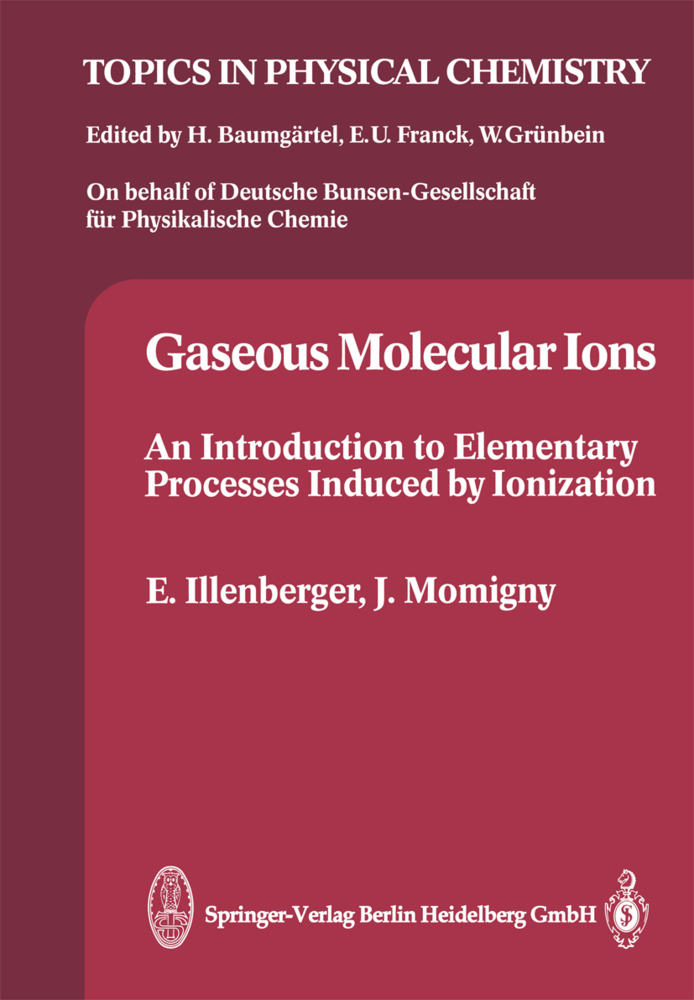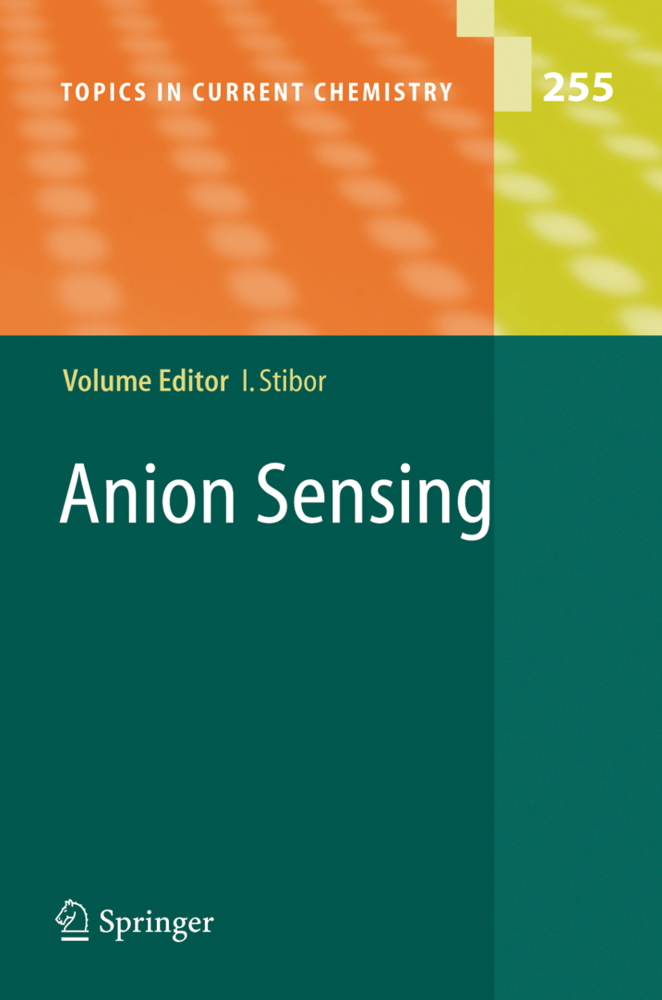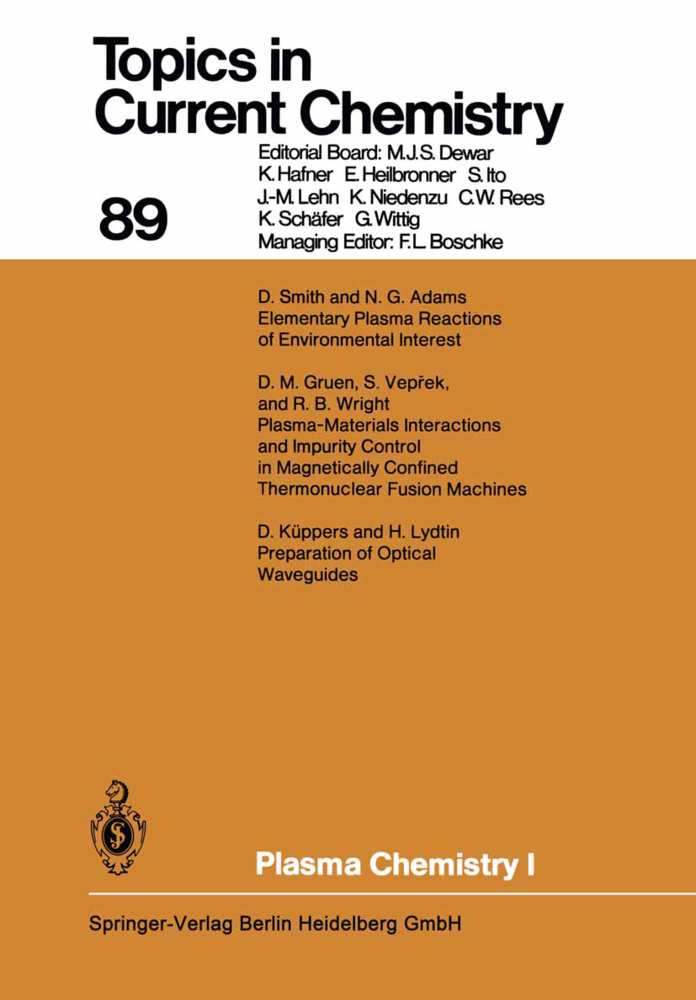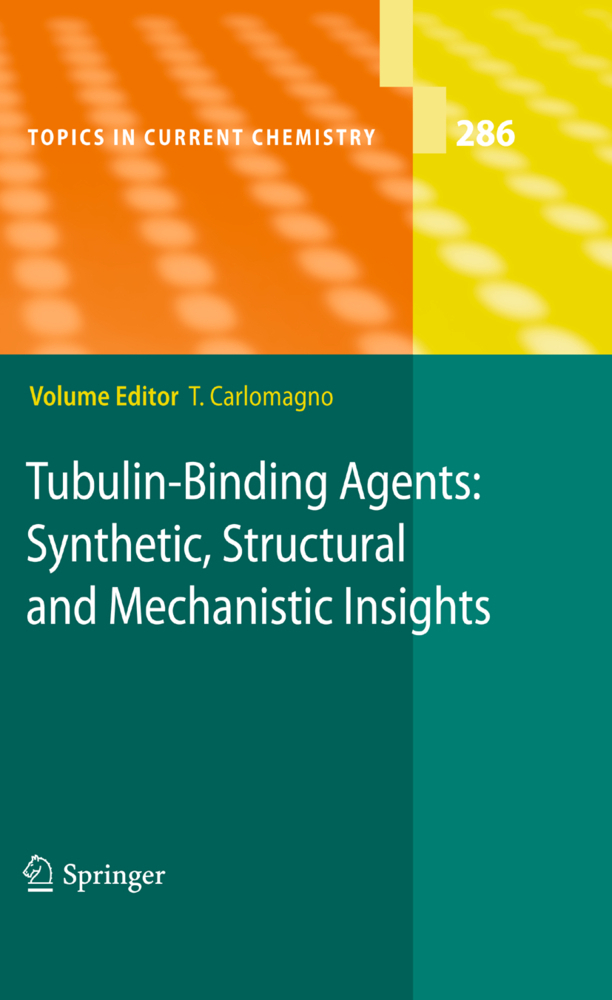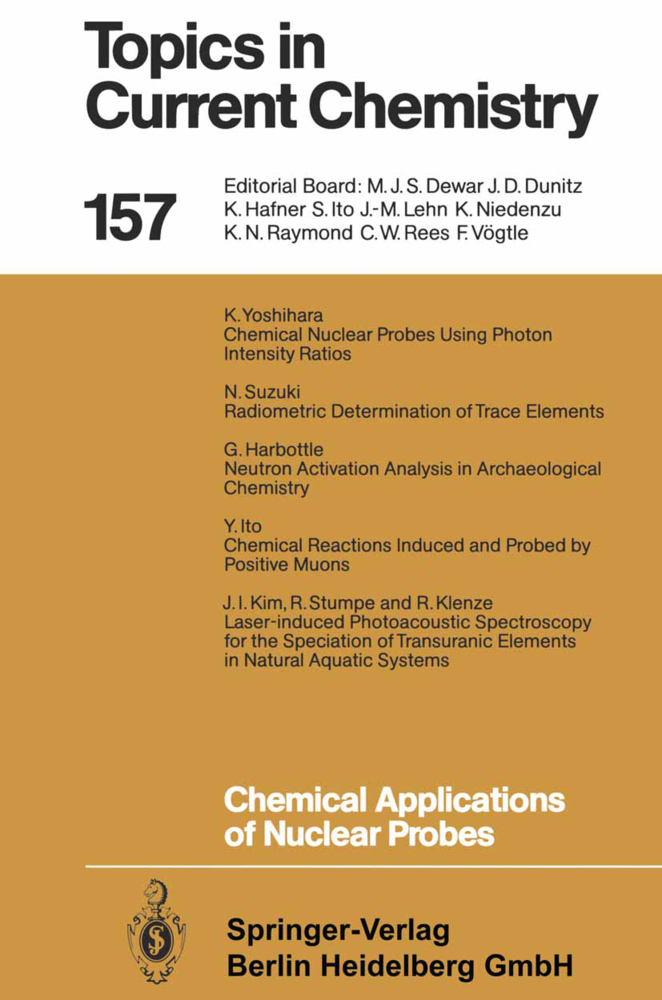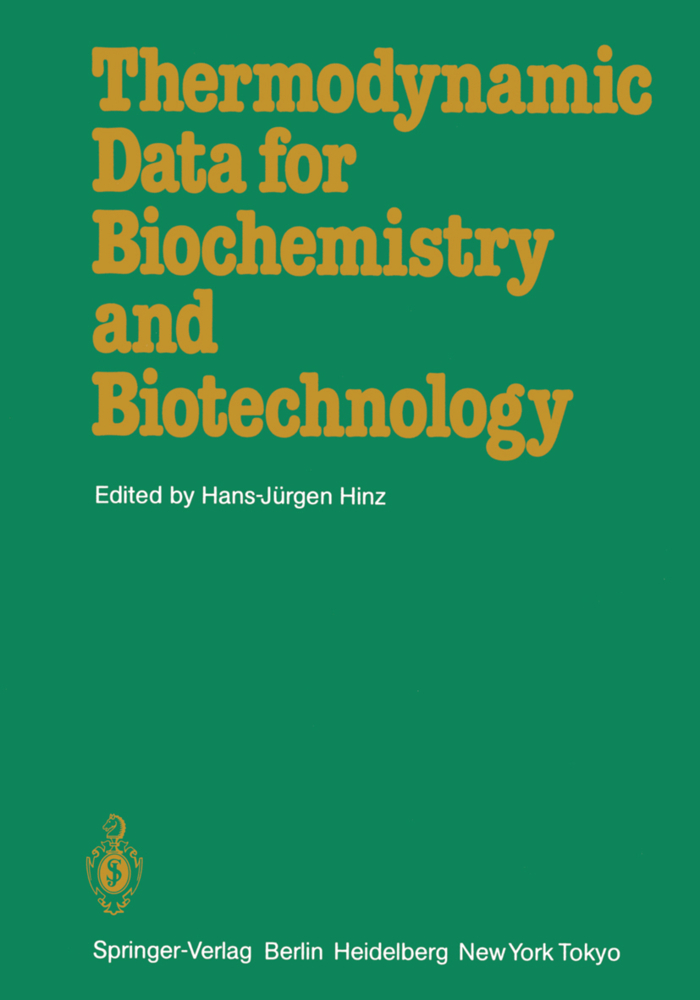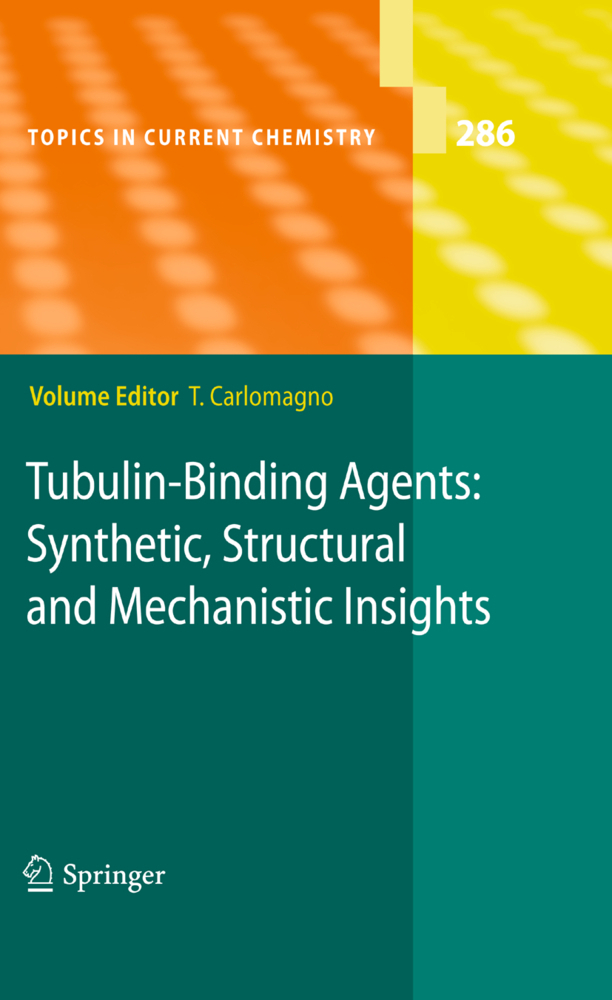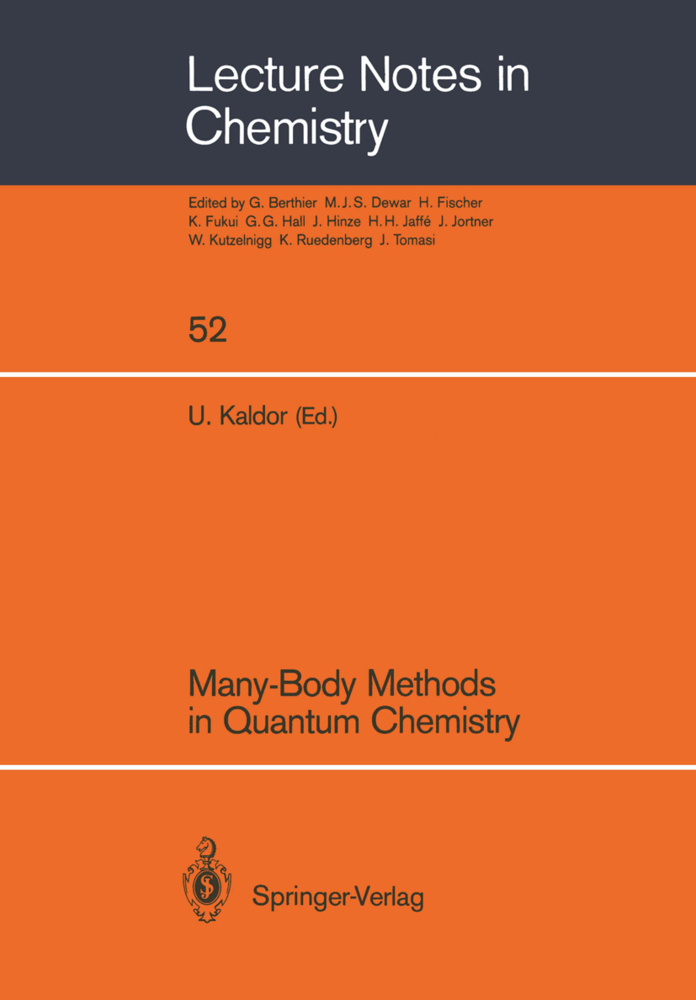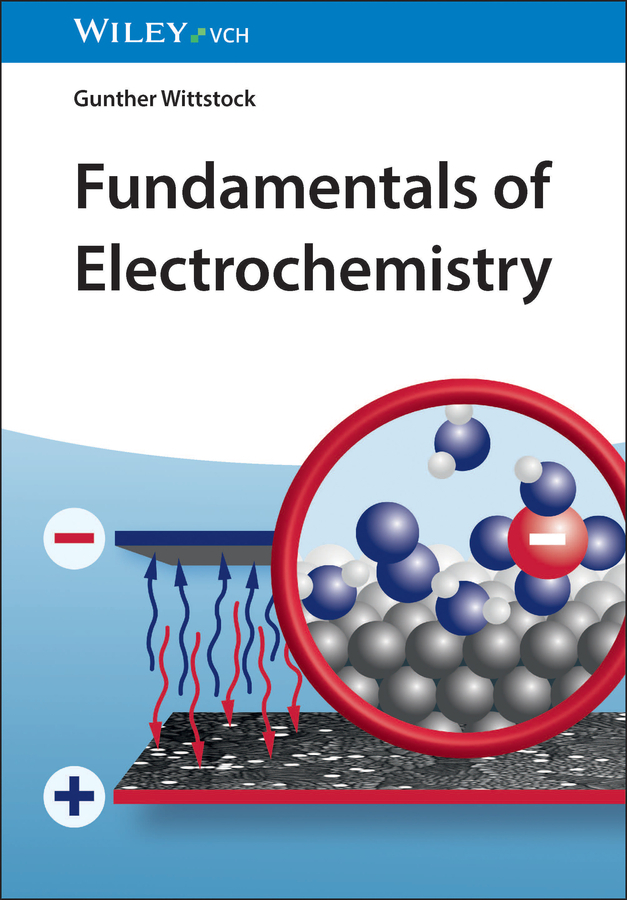Gaseous Molecular Ions
An Introduction to Elementary Processes Induced by Ionization
Gaseous Molecular Ions
An Introduction to Elementary Processes Induced by Ionization
Most of the matter in our solar system, and, probably, within the whole universe, exists in the form of ionized particles. On the other hand, in our natural environ ment, gaseous matter generally consists of neutral atoms and molecules. Only under certain conditions, such as within the path oflightning or in several technical devices (e. g. gas discharges, rocket engines, etc. ) will some of the atoms and molecules be ionized. It is also believed that the chemistry of the earth's troposphere predomi nantly proceeds via reactions between neutral particles. (The complex system of atmospheric chemistry will be treated in one of the forthcoming volumes to this series. ) Why, then, are ions considered so important that hundreds oflaboratories all over the world (including some of the most prestigious) are involved in research pro grams on ions, covering many different facets, from biochemistry to physics? One may obtain as many different answers as there are research groups busy in this field. There is, however, one simple, common feature which makes it attractive to work with ions: since they carry one or more net elementary charges, they can easily be gui ded, focused or separated by appropriate electric and magnetic fields, and, last but not least, they can easily be detected. Apart from these advantages, which are welcome and appreciated by the researcher, the study of molecular ions can provide insight into very fundamental aspects of the general behavior of molecules.
3 Instrumentation
1 Ionization Processes in Gaseous Phase
2 The Occurrence of Transitions between the Electronic States of Molecular Ions
3 Energy Balance in the Dissociation Processes of Molecular Ions
4 Statistical Theories for Unimolecular Rate Constant Calculation in Isolated Systems
5 Miscellaneous Useful Topics in Molecular Ion Dissociation Phenomena
1 Negative Ions in the Gas Phase
2 Electron Attachment Spectroscopy
3 Negative Ions Observed in Electron Transmission and Electron Attachment Spectroscopy
4 Electron Attachment to Molecular Clusters and Condensed Molecules.
1 Some General Remarks on Positive and Negative Ions, Photoionization, and Electron Attachment
2 Experimental Methods3 Instrumentation
1 Ionization Processes in Gaseous Phase
2 The Occurrence of Transitions between the Electronic States of Molecular Ions
3 Energy Balance in the Dissociation Processes of Molecular Ions
4 Statistical Theories for Unimolecular Rate Constant Calculation in Isolated Systems
5 Miscellaneous Useful Topics in Molecular Ion Dissociation Phenomena
1 Negative Ions in the Gas Phase
2 Electron Attachment Spectroscopy
3 Negative Ions Observed in Electron Transmission and Electron Attachment Spectroscopy
4 Electron Attachment to Molecular Clusters and Condensed Molecules.
Illenberger, Eugen
Momigny, Jacques
| ISBN | 978-3-662-07385-8 |
|---|---|
| Medientyp | Buch |
| Copyrightjahr | 2012 |
| Verlag | Steinkopff |
| Umfang | XIV, 346 Seiten |
| Sprache | Englisch |

